Why Balanced Diet?
It is common to be confused about nutrition if you do not have enough knowledge of what to eat and how much to eat.
A balanced diet, on the other hand, fills the demand for proper food. It comprises different food components representing different elements required by the body for various functions. The body’s nutrients come from several food components.
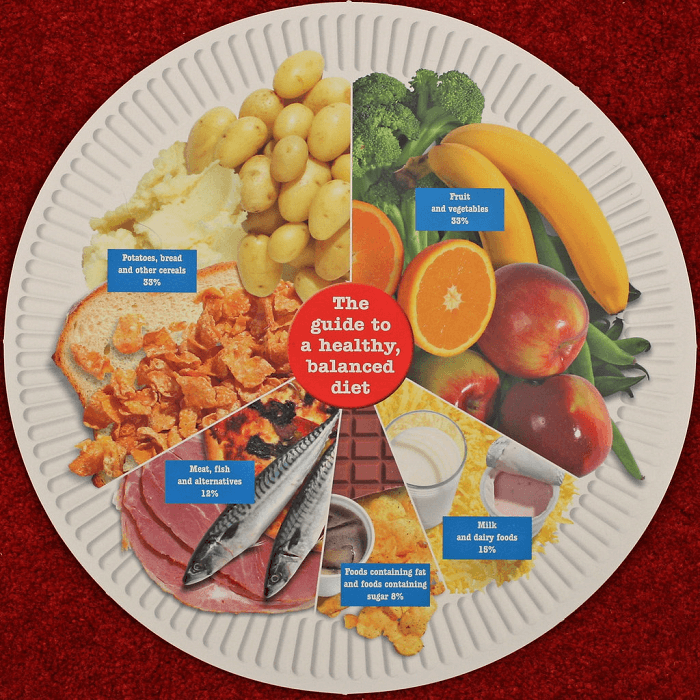
Components Of a Balanced Diet
There are a total of seven components in a normal balanced diet. The type of food you eat is very important for physical and mental fitness. Along with the correct type, eating the right portion and amount of that food is also essential. So, by adopting a properly balanced diet in your lifestyle, a person can not only boost their immune system and health but can also manage their weight. (i.e., lose or gain as per the requirement)
Proteins, carbs, vitamins, fats, fibre, water, and minerals comprise a balanced diet’s seven essential components.
Carbohydrates
Carbohydrates are essential for our body’s functioning and normal development. The primary energy source used by the brain and muscles comes from carbohydrates. They contribute approximately 50 to 60% of the calories the body requires and fulfil the body’s energy requirements. The food containing carbohydrates is broken down into glucose. This glucose is distributed throughout the body by circulating in the blood. Furthermore, this stored form of glucose is released from the liver during energy requirements. Whenever muscles are required to work, fuel or energy is provided by muscle glycogen.
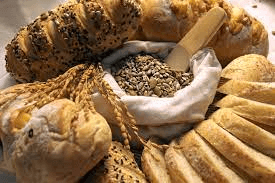
Proteins
Proteins are important for the proper functioning of the body and good health. All the protein from the food is broken down into amino acids, which then make up the muscles, hair, and skin. The body’s parts like the brain, heart, skin, etc., are made up of amino acids. Amino acids are the smallest subunit of proteins.
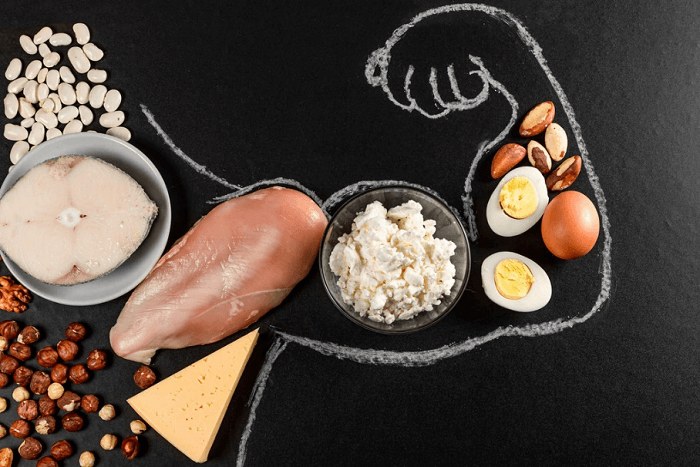
The human body can make up to 12 amino acids, but it needs an additional 8 amino acids for proper health. These eight amino acids are called essential amino acids, and our food provides them.
In addition, Protein is important because it helps build body cells, manages organs, and repairs damaged tissue. Hormones and enzymes inside the body are also made up of proteins. Both the components are essential for regulating the body’s processes. They also play an important role in making hormones and enzymes healthy for regulating body function. Antibodies, an important component of the immune system, help fight the body against foreign antigens and are also made up of proteins. Proteins are mainly obtained from meat products. The major protein sources are animal sources like eggs, fish, meat, dairy, and fish. Protein can also be obtained from certain products like pulses and nuts. In a proper balanced diet, proteins should contribute approximately 10 to 15% of the calories. Also, Proteins contain four calories per gram.
Fats
In a proper balanced diet, approximately 35% of our daily calories should be derived from fat. Fat serves as a large reservoir of energy in our body. One gram of fat is responsible for 9 calories. Apart from being a major energy reservoir, it has an important role in protecting internal organs. However, it should be noted that an excessive amount of fat in the body can be damaging.
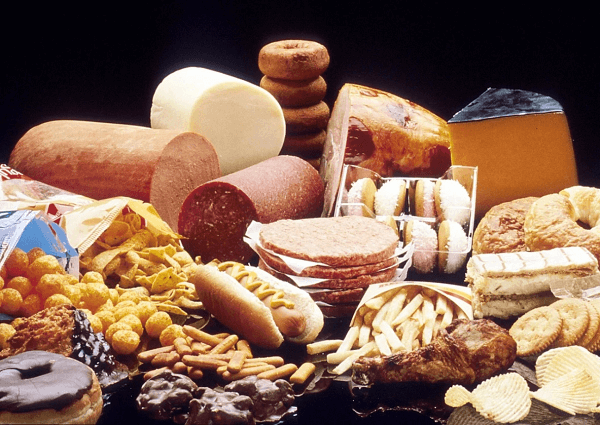
Females have an additional body fat requirement to maintain the normal functioning of the menstrual cycle because fat cells are responsible for the secretion and storage of oestrogen. Oestrogen is an important hormone in maintaining menstrual function. Also, fat people are advised to limit the amount of saturated fat they consume in their normal diet because saturated fats are strongly correlated with increased cholesterol in the blood. Heart diseases and diabetes are a few examples which are mostly caused due to high amount of cholesterol in the body. Therefore, food items with excessive cholesterol must be avoided. A major source of saturated fats is palm oil, coconut oil, cream, cocoa butter, and milk. It is always advised to switch saturated fat with unsaturated fat. Unsaturated fat is mainly found in fish, avocado, nuts, and plant-based products like flaxseed oil and soya.
Vitamins
The complex organic substances present in our bodies are vitamins. Vitamins play a role in almost every body system, whether it is the immune system, brain, or nervous system. The role of vitamins is to convert food into energy, and they also help the body utilize proteins, carbohydrates, and fat. Vitamins also play an important role in growth regulation, red blood cell manufacturing, and protecting the body from toxic free radicals. Although vitamins are present in everybody’s system, they are required by the body in a very small amount. A few vitamins and minerals can help the body work properly and prevent diseases. Some vitamins can be made by the body, while others cannot.
Examples of vitamins that cannot be made by the body but must be present in the diet include Vitamin K and Vitamin D. So, the body obtains these vitamins through food. People are advised to eat a large amount of fresh and unprocessed food to acquire the essential vitamins from the diet. Try to purchase fruits and vegetables from local vendors rather than from shopping malls and big shops because local vendors usually have the fruits and vegetables that are produced locally and they do not contain any preservatives.
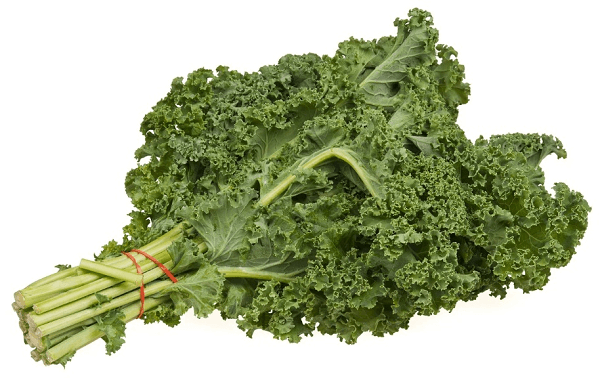
While cooking, try to avoid overcooking and keep that crunchy texture of the vegetables through light cooking. This is important because it preserves and limits the number of vitamins and minerals in food destroyed by overcooking. Try to avoid lengthy cooking techniques to save vitamins in your food. Adopt techniques like microwave oven, pressure cooking, and steaming vegetables to preserve food’s vitamins.
Minerals
The other complex substance required by the body in a very small amount is minerals. They are found in soil from where the plants absorb them. The animals then eat these plants. When we eat either the plants or animals, we get these minerals. So, we can say that we acquire minerals through the food chain and that both animals and plants are the sources of minerals. Minerals play various important roles in the body, like structural roles such as calcium in bones and teeth or fluid balance with the help of sodium and potassium regulators. Minerals also play an important role in muscle contraction. Unlike vitamins, minerals cannot be destroyed easily because they are not prone to heat, light, or air.
Fiber
Fibers are mainly obtained from plants like grains, fruits, and vegetables. They are made up of two main types: soluble fiber and insoluble fiber. The body requires both types of fibers for good health. Plant cells are the major source of soluble fibers, and they help in the digestion of food because it allows the stomach to adopt slower and simpler digestion. They also help the body lower the harmful LDL cholesterol levels in the body.
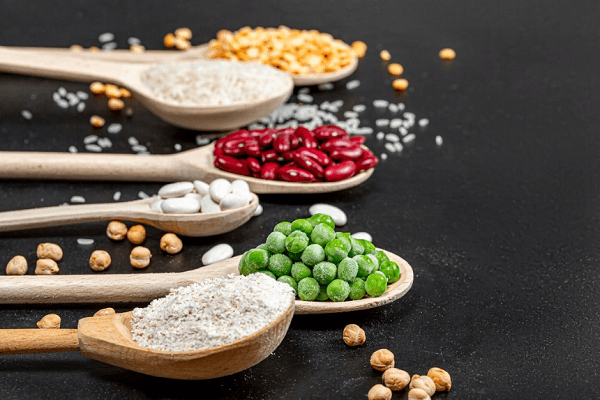
Unlike soluble fibers, insoluble fibers are not dissolved in water and pass through the digestive tract as it is. They help digestion by keeping the digestive system in good working condition and preventing bowel problems. High-fiber food is preferred because it contains a good amount of vitamins and minerals. Fiber also adds bulk to the food, making it more filling and satisfying. A person is advised to eat around 18 kg of fiber every day. If an individual wants to add more fiber to the daily diet, they should always select whole meal food rather than refined grain. For example, one can switch to whole grain or whole wheat breakfast cereal. Food containing a large number of fibers are potato skin and brown rice, beans, lentils, and peas.
Water
Along with the important macronutrients like carbohydrates, fats, and proteins, water is also an essential macronutrient required by the body. A person can live a little longer without food but cannot live without water. We can live around 8 weeks without food and only a few days without water. This shows the importance of water in our bodies. Our body is made up of around 65% of water; therefore, water plays an essential role in body functions. Apart from this, it also helps to circulate nutrients and blood throughout the body. When the climate changes, water plays an important role in regulating the body temperature and distributing heat throughout the body. Water has an essential role in lubrication. Eyes and joints require water for proper functioning.

